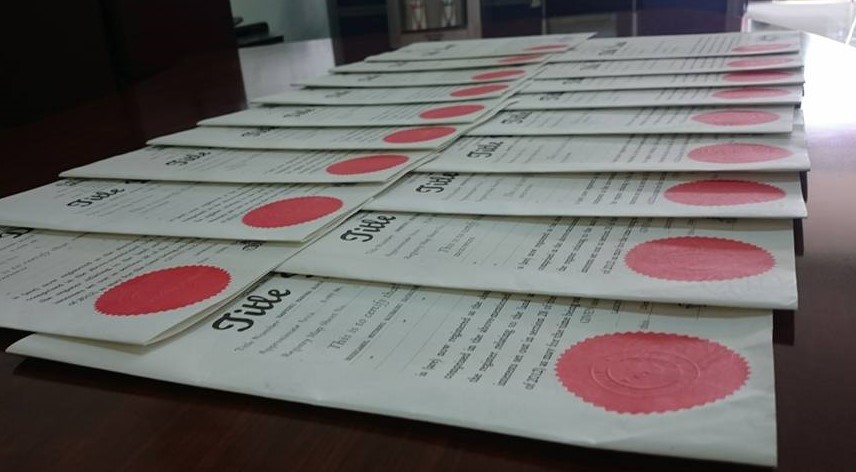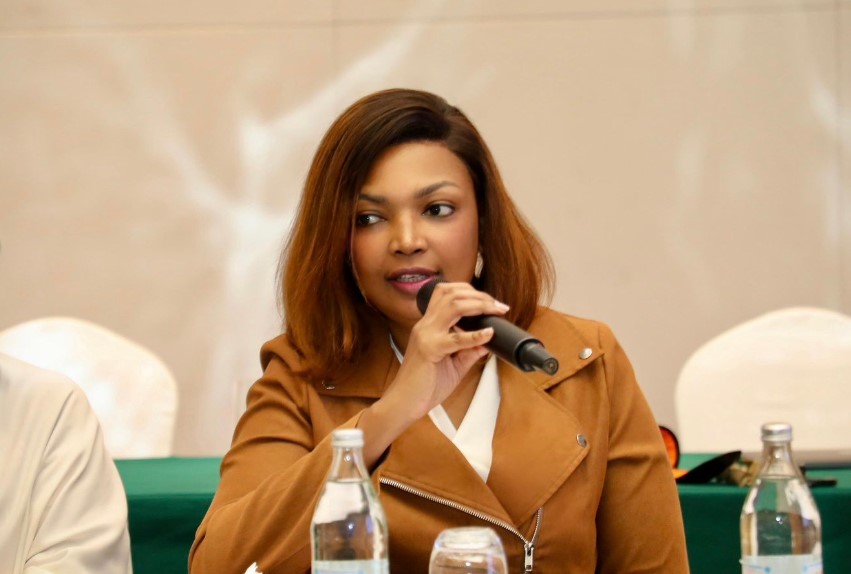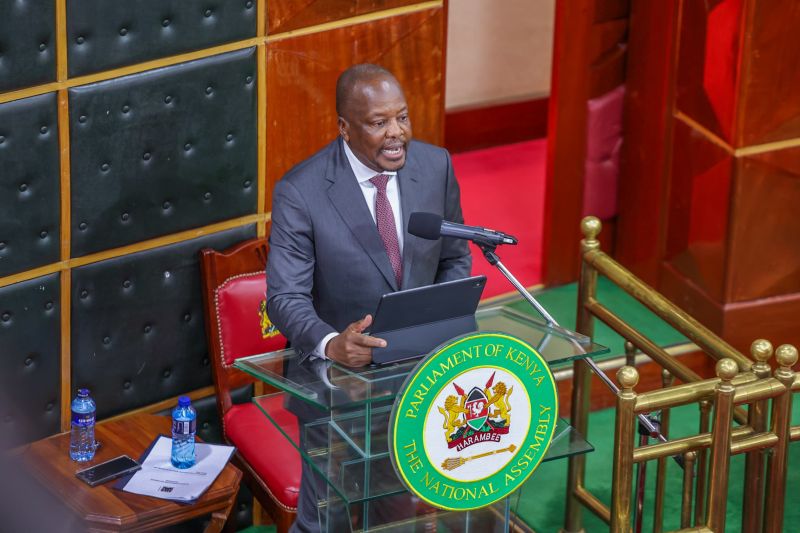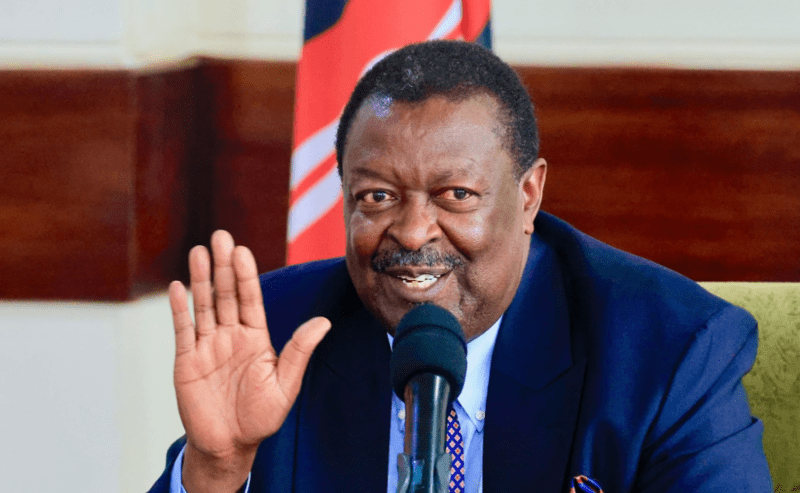New disaster clubs in Lamu Schools aim to strengthen emergency skills and civic engagement
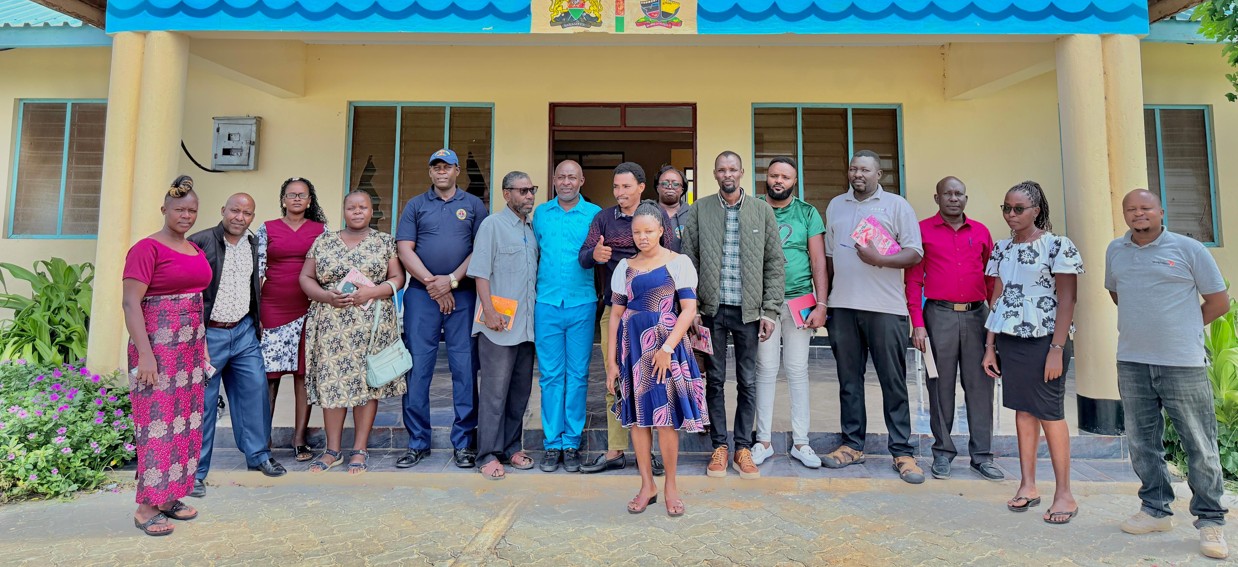
The initiative aims to equip students to tackle both environmental and social challenges within their communities.
Schools in Lamu County are set to benefit from newly established disaster management clubs aimed at boosting emergency preparedness and fostering peace and environmental awareness among students.
The initiative follows a training of trainers (TOT) workshop held in Hindi Ward, which brought together patrons from 19 schools.
More To Read
- Lamu nurses end 79-day strike after agreement with county government
- Kenya among nine nations leading regional push to strengthen health systems against climate change
- Kiunga residents in Lamu raise concerns over weapon testing near homes
- Lamu becomes first county to introduce digital mental health training
- Lamu County turns to solar as widespread blackouts disrupt daily life
- Lamu County, Jubaland vow to strengthen cross-border ties in trade, health and security
The workshop focused on equipping teachers with skills in disaster risk reduction, peacebuilding, conflict resolution, and climate change action.
The training, led by the Lamu County Government in collaboration with World Vision Kenya and supported by the Kenya Coast Guard, aimed to empower school leaders to educate students on how to respond effectively to emergencies like flash floods and fires.
The County Director for Peace Building and coordinator of the training, Shee Shee, said the initiative was designed to prepare students for both environmental and social challenges within their communities.
“Our goal is to nurture responsible students who understand how to engage lawfully and peacefully in demanding their rights while also being active participants in disaster preparedness,” Shee said.
Best entry point
Chief Officer for Public Service Management, Khadija Fumo, who presided over the workshop’s opening session, stressed the importance of engaging young people early.
“Schools are the best entry point if we want long-term change in how our communities handle conflict and disasters. We sought to prepare our students for responsible peacebuilding, safeguarding them from various school disaster risks and shaping their understanding of climate change actions. It is crucial that our youth are empowered to understand their rights and how to express them constructively, ” she said.
The workshop also included sessions on the legal aspects of protests and peaceful picketing, giving school patrons tools to guide students in civic engagement.
World Vision’s County Coordinator Charles Kilonzo said the training formed part of a broader strategy to build resilience among Lamu’s youth population.
“We are working to ensure communities have grassroots-level change agents who can tackle pressing issues like climate change, violence, and disaster risks,” he said.
Optimism
Patrons who attended the training expressed optimism about rolling out the programme in their schools.
Mengo Chenza, from Hindi Secondary School, said the knowledge gained would help address some of the immediate challenges facing learners.
“Many of our students come from areas prone to flooding and other emergencies. This training has given us the right tools to prepare them better,” he said.
Walter Waswa of Lakeside Mixed School said the training would begin immediately after the midterm break.
“We are eager to start. The materials provided are practical and will help us engage students in meaningful discussions around peace and safety,” he noted.
Atieno Ngala from Kiongwe Girls School welcomed the workshop’s focus on gender issues, saying it would help address concerns such as early pregnancies and gender-based violence.
The county now plans to monitor the progress of the clubs with hopes of expanding the initiative to other wards in the coming months.
Top Stories Today
